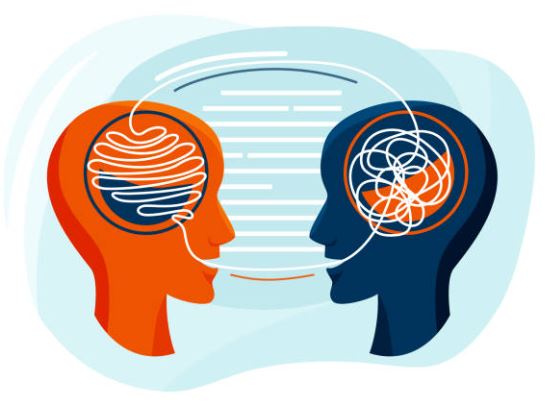Are Divorce Rates Higher for Couples with ADHD?
Attention Deficit Hyperactivity Disorder has an impact on various aspects of life, including relationships and marriages. We’ll look at ways to reduce the risk of divorce in ADHD relationships and discuss strategies to strengthen your bond.










